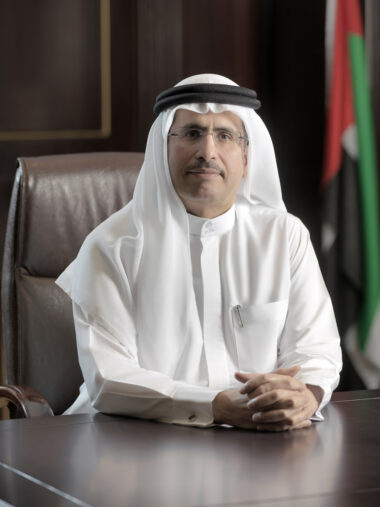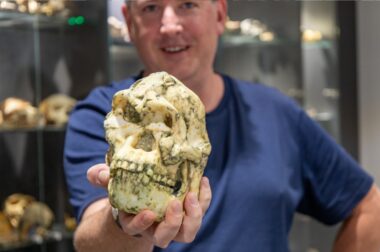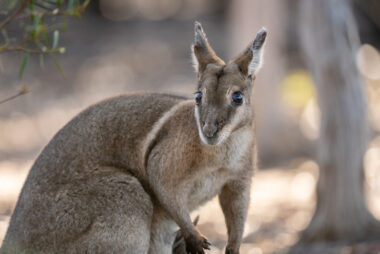Thursday 31 October: CSIRO and the Bureau of Meteorology have today released the State of the Climate Report 2024, which shows Australians are living with the dire consequences of increasing climate pollution caused by the burning of coal, oil and gas. The report highlights an increase of extreme fire seasons, extreme heat events, intense heavy rainfall and sea level rise, exacerbating pressures on the health and wellbeing of Australians and ecosystems.
Alarmingly, scientists found the oceans around Australia are continuing to warm, with increases in carbon dioxide in the atmosphere leading to more acidic oceans, particularly south of Australia, contributing to longer and frequent marine heatwaves that have catastrophic consequences to marine environments. The following spokespeople are available for comment:
Ocean scientist Professor Gretta Pecl, from the Institute for Marine and Antarctic Studies and the Centre for Marine Socioecology at the University of Tasmania, authored the Australian ocean section of the latest IPCC report and can talk about the impact of heat on the ocean. Location, Hobart.
Serena Joyner, CEO of Bushfire Survivors for Climate Action, can talk about the impact of climate disasters including longer fire seasons on Australian communities. Location: Blue Mountains, NSW.
Dr Kate Wylie, Doctors for the Environment Australia executive director and GP, can speak about the health impacts of worsening extreme weather caused by climate pollution. Location: Adelaide.
Emma Bacon, Executive Director and Founder of Sweltering Cities, works directly with communities in Australia’s hottest suburbs and can talk about how to prepare our cities, particularly with an increase of extreme heat events. Location: Sydney.
Ian Lowe AO, Environmental Scientist, is an expert in the effects of coastal inundation and climate change for low-lying coastal areas in Queensland. He can talk about the risk of extreme weather events and marine heatwaves to coastal communities, and what the overall warming trend means for climate impacts in Australia. Location: Brisbane.
Prof Mark Howden, Director of the Institute for Climate, Energy & Disaster Solutions at The Australian National University, an Honorary Professor at Melbourne University, a Vice Chair of the Intergovernmental Panel on Climate Change (IPCC), and is the Chair of the ACT Climate Change Council. Location: Canberra.
To arrange interviews, please contact:
Jemimah Taylor, 0478 924 425 or [email protected] or Sean Kennedy, 0447 121 378 or [email protected]
Contact details:
Jemimah Taylor, 0478 924 425 or [email protected]
Sean Kennedy, 0447 121 378 or [email protected]



